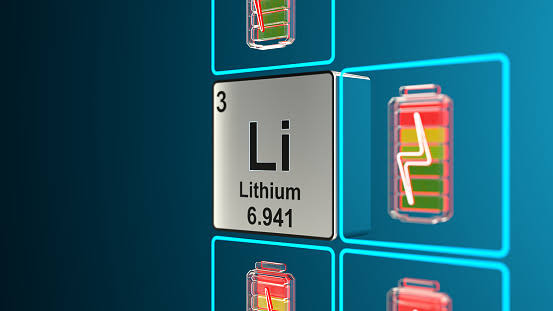Lithium ion batteries power your EV. How are they made? What are their advantage and disadvantages? How to care EV battery for optimum performance and safety? Is there any alternative of Lithium batteries? Let’s find out…

Table of Contents
The Electric Age:
The Present and the Future is the age of electric and the electricity can be portably provided with the power of battery only. From all Our smartphones and laptops at present to all Our motorcycle and four wheeler in the Future ,all are powered by battery. The battery technology has been gone through a long way from the lead acid battery to NiCd ( Nickel Cadmium) or NiMH ( Nickel Metal Hydride) batteries to the presently wide used Lithium ion batteries; there has been a search of optimum battery both in performance and in Stability, which is still going on.
At the present time, the most widely used Electric mobility and portability batteries are the Lithium-ion batteries. But they also have limitations and We are yet to find the best alternative.
Lithium ion Battery:
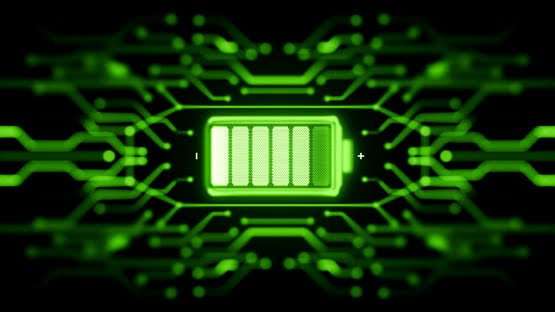
Lithium ion batteries are rechargable batteries that are composed of small battery cells in which lithium ions move from the negative electrode to the positive electrode while discharge and the ions go back from positive electrode to the negative electrode at the time of charging.
The first commercial Lithium-ion battery was developed by a team of Japan’s Sony Corporation and Asahi Kasei headed by Yoshio Nishi in 1991. (You can get into the technical details here.) Though the development of Lithium-ion batteries have come to along way from it’s early version, and they are thought to be the usual choice for they have many benefits, they have their own drawbacks too.
Advantage of Lithium-ion Battery:
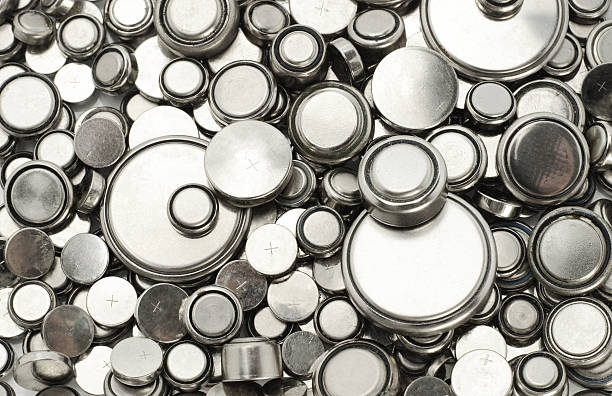
Lithium is one of the lightest of metals, and one of the most reactive having the highest electrochemical potential and is ideal for making a battery. There are many advantages of Lithium-ion batteries.
Problems of Lithium-ion Battery:

- Lithium-ion batteries have a tendency to overheat, and so thay can get damaged at high voltages.Hence it is quite prone to battery fire incidents. Higher temperatures might be dangerous for this battery.
- To limit voltages and internal pressure in a Lithium-ion battery for safety,the weight of the battery get increased a lot and the battery performance may be compromised.
- Lithium ion batteries are comparatively 40% more costly than NiCd batteries.
- The extraction of Lithium and Cobalt requires a large amount of energy and water.
- The performance of a Lithium-ion battery decreases over time even though they have longer shelf-life.
How to Take Care of EV Battery:
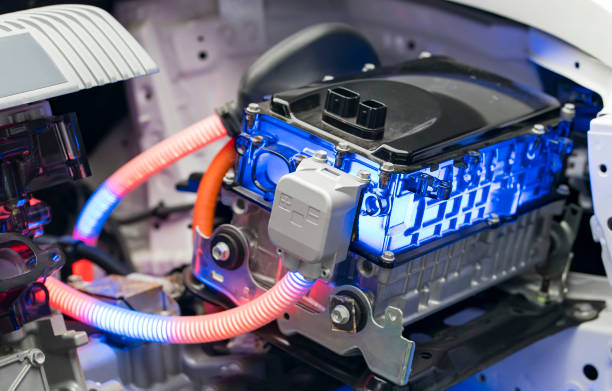
You can take various measures to increase the shelf life and to take care of Your Lithium-ion EV battery, which is costly and hence need proper care.
Increasing Battery Life:
- Never Charge the battery to 100% capacity but Charge close to it ,like 90% to 95% all the time to increase battery life.
- Always Recharge the battery when there are about 20% to 30% juice left to increase battery life.
- Avoid High Charge and Discharge currents to extend the life of the battery. Higher current provide stress in battery.
- Use the battery frequently and don’t leave it unused for a long time.
- Battery storage must be done at temperature between 5°C to 20°C.
Increasing Battery Safety:
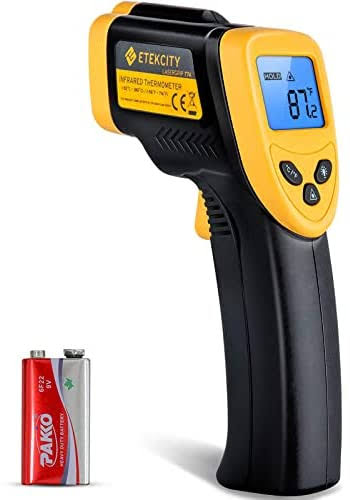
- Never Use a battery that looks damaged. Replace it soon.
- Old and worn out batteries that are not holding charge for a long time or giving very short range day after day might provide sign that the battery must be replaced.
- Never charge a Lithium-ion battery just after the vehicle starts off. The battery may be hot. Take some minutes to cool down the battery and then start charging.
- If possible, check the temperature rise of the battery as it is charging once or twice a month. If there is sudden temperature rise, stop Charging it and contact the battery company for check. ( You can use thermal gun to check battery temperature from a distance)
- Make sure that the battery is never stayed unprotected under the direct heat of the sun. In four wheelers the Lithium-ion battery is usually set at the bottom of the vehicle, but in two wheelers, it is not. So never Keep your two wheeler under direct sun. Carry a cover and use it if there is no shade.
- While charging, never stay near the portable battery or the vehicle. Always keep the charging point at the safe distance either at garage or in the room where You don’t live or make a seperate counter at Your home for that.
- If You smell bad odour or burning odour while charging the battery, immediately stop the charging and Call the Company soon.
- After You recharge the battery, don’t start Your vehicle immediately as it may overheat. Wait a couple of minutes before You on the ignition switch.
- Always keep proper caution that the battery must not touch water or any other fluid and always remain dry.
- One must remember that the most usual problem with Lithium ion batteries is overheating. If We can prevent overheating of the battery in any means possible, it will be safe for our use.
- If ever any fluid is seen leaking from the battery, do not touch it or wash it. Contact the Battery Care immediately.
( PLEASE SHARE THE ARTICLE IF YOU LIKE IT FOR AWARENESS OF SAFETY OF LITHIUM ION BATTERY)
READ HERO ELECTRIC FIRE ALARM FOR ELECTRIC SCOOTERS
FAQ:
Are Lithium ion batteries safe to use?
Of course, in fact Lithium ion batteries are the most widely used batteries all over the world. But make sure You don’t use cheap quality non branded batteries.
Should I not charge my EV at home?
There is no risk if You charge Your EV at home, be it a car or a scooter or bike, but make sure that the charger is set at distance from You and Your children’s living or working area.
Is there no alternative to Lithium ion batteries now?
As regular R&D ( Research and Development) is going on worldwide, We may get safer alternative to Lithium ion batteries in future but as of now Lithium batteries are the best batteries if we just take a little precaution.
Should I wait and not buy an EV now and wait for safer batteries in future and continue with my petrol vehicle?
It is not a clever idea. Today’s Lithium batteries are put in safe containers and utmost care is taken in branded batteries for safety. Petrol or Diesel fuels only increase pollution and We should change into EV alternatives as soon as possible. Make proper research and buy an EV. You will be happy and pleased to contribute green energy in earth.

(feature images courtesy:unsplash.com, other images courtesy: istockphoto.com and internet)
